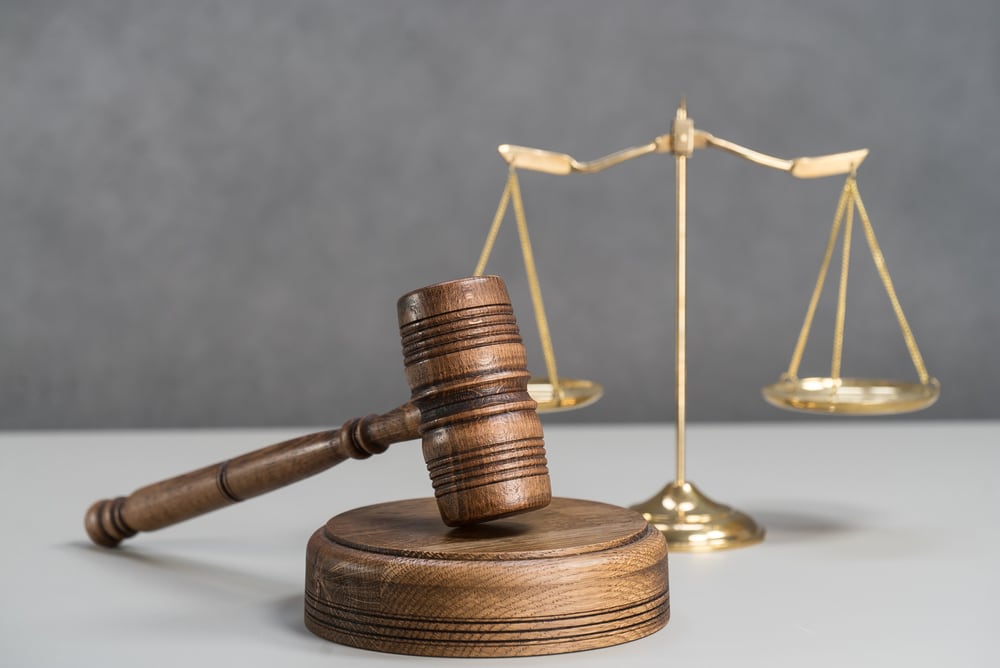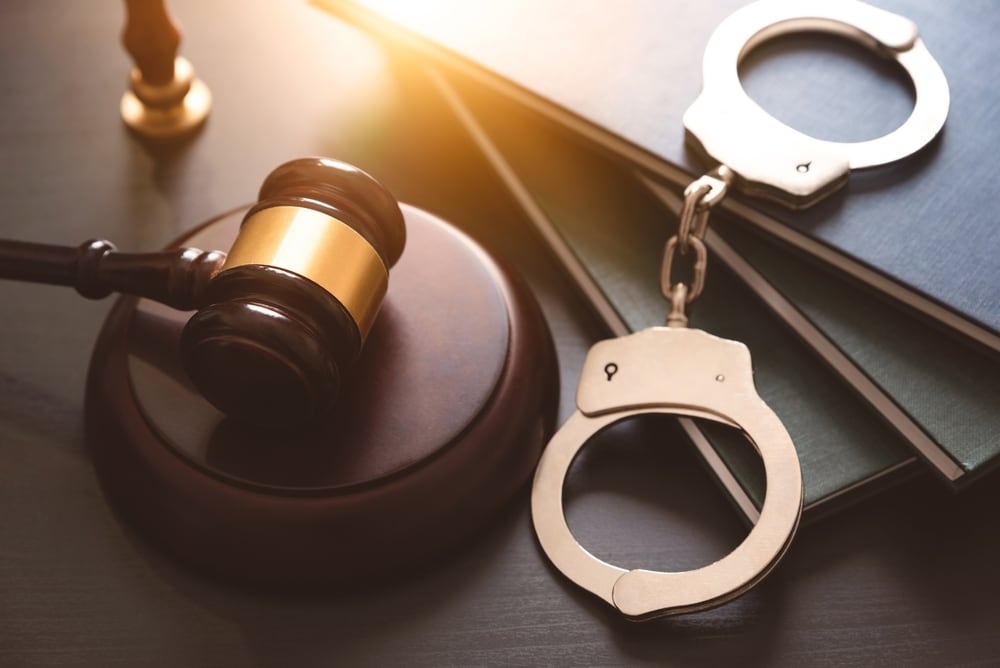By Josh Hamilton on

A Certificate of Second Chance in Arizona is a vital legal tool designed to assist individuals who have been convicted of a crime in rebuilding their lives. Enacted through Arizona Revised Statutes (A.R.S.) § 13-905 in 2021, this certificate aims to reduce the stigma of a criminal record and provide opportunities for housing, employment, and other critical areas of reintegration.
An experienced Arizona criminal defense attorney can guide you through the process of obtaining a Certificate of Second Chance.
What Is the Certificate of Second Chance?
The Certificate of Second Chance is issued to individuals who have completed their probation, served their sentence, or had their conviction set aside. It serves as a form of relief for people who have shown rehabilitation and wish to reintegrate into society.
Unlike expungement or sealing records, the Certificate of Second Chance does not erase a criminal conviction but provides a layer of protection and endorsement from the Arizona legislature that the individual is rehabilitated and deserving of a fresh start.
Legal Basis: Arizona Revised Statutes § 13-905
Under A.R.S. § 13-905, individuals who have had their convictions set aside may apply for a Certificate of Second Chance. Key provisions include:
- The certificate is granted alongside or following a successful petition to have a conviction set aside under A.R.S. § 13-907.
- It allows individuals to regain certain rights and reduces barriers to opportunities otherwise hindered by a criminal record.
- It applies to both felony and misdemeanor convictions, though certain serious offenses may be excluded (e.g., sexual offenses or crimes involving minors).
Eligibility for a Certificate of Second Chance
To qualify for a Certificate of Second Chance in Arizona, individuals must meet specific requirements:
Conviction Must Be Set Aside
The primary requirement is that the underlying conviction has been set aside under A.R.S. § 13-907. This means the individual has completed their sentence, including probation, parole, or community service.
Eligible Offenses
Most criminal convictions are eligible for a Certificate of Second Chance. However, certain serious offenses may be excluded, such as:
- Crimes involving sexual offenses
- Crimes against minors
- Class 1 felonies
No Pending Criminal Charges
Applicants must not have any pending criminal charges at the time of applying for the certificate.
Time Requirement
While there’s no mandatory waiting period under the statute, the court will typically consider the time elapsed since the completion of the sentence and the applicant’s rehabilitation efforts during that time.
Demonstrated Rehabilitation
Courts may assess the individual’s behavior, community involvement, and efforts to reintegrate into society when deciding whether to grant the certificate.
Benefits of a Certificate of Second Chance Arizona
The Certificate of Second Chance provides several benefits to those who receive it:
Employment Opportunities
Employers are generally hesitant to hire individuals with a criminal record. The certificate acts as an official endorsement of rehabilitation, encouraging employers to consider qualified candidates despite their past convictions.
Housing Applications
Many landlords screen applicants based on their criminal history. The certificate helps individuals overcome these barriers, improving their chances of securing stable housing.
Restoration of Civil Rights
While certain rights, such as voting or firearm ownership, may be restored through separate legal processes, the Certificate of Second Chance demonstrates that an individual has taken steps toward rehabilitation and is fit to participate fully in society.
Protection Against Liability
Arizona law limits liability for employers and landlords who hire or rent to individuals with a Certificate of Second Chance. This reduces the risk of discrimination based on prior convictions.
Licensing Opportunities
The certificate helps individuals in obtaining occupational licenses that might otherwise be denied due to a criminal record. An occupational license issued may open doors to careers in industries such as healthcare, education, and finance. However, if a commercial driver had their license suspended due to criminal speeding or aggressive driving, the driver may not have their license reinstated.

Potential Challenges in Obtaining the Certificate of Second Chance
While the Certificate of Second Chance offers significant benefits, individuals may face obstacles during the process:
- Judicial Discretion: The court has the discretion to deny the certificate if it believes the applicant has not demonstrated sufficient rehabilitation or if the nature of the offense warrants denial.
- Excluded Offenses: A person convicted of a dangerous offense or serious felony offense—such as sexual offenses, crimes of sexual motivation involving minors, and the use of a deadly weapon—is specifically excluded and not eligible for the certificate.
- Public Record: While the certificate helps mitigate the impact of a criminal record, it does not erase the record. The conviction will remain visible in certain situations, such as background checks for government positions.
Steps to Obtain a Certificate of Second Chance
At the Law Office of Hernandez & Hamilton, PC, our experienced Arizona criminal defense lawyers will assist you with the following steps:
Petition to Set Aside the Conviction
We’ll prepare and file a formal petition with the court under A.R.S. § 13-907 to set aside your conviction. This includes gathering all relevant information about your case and presenting a compelling argument on your behalf.
Request the Certificate of Second Chance
If the court grants the motion to set aside your conviction, we immediately request the issuance of the Certificate of Second Chance to demonstrate your rehabilitation and readiness to reintegrate into society.
Gather and Submit Supporting Documentation
To strengthen your case, we’ll compile evidence that highlights your rehabilitation, including:
- Proof of employment or education.
- Records of community service or volunteer work.
- Letters of recommendation from employers, mentors, or community leaders.
Representation at Court Hearings
If the court schedules a hearing, we’ll provide skilled legal representation to present your case effectively. Our attorneys will address any questions or concerns the court raises to ensure your eligibility for the certificate is established.
Monitor and Advocate for the Court’s Decision:
We’ll closely monitor your case and advocate for a favorable decision. Once the court grants the Certificate of Second Chance, we’ll ensure the proper documentation is completed and included in your public record.At the Law Office of Hernandez & Hamilton, PC, we are committed to providing the legal assistance you need to obtain a Certificate of Second Chance. Let us help you take this important step toward rebuilding your life. To schedule your free consultation, call us at 520-882-8823 or contact us online.
Back to Blog